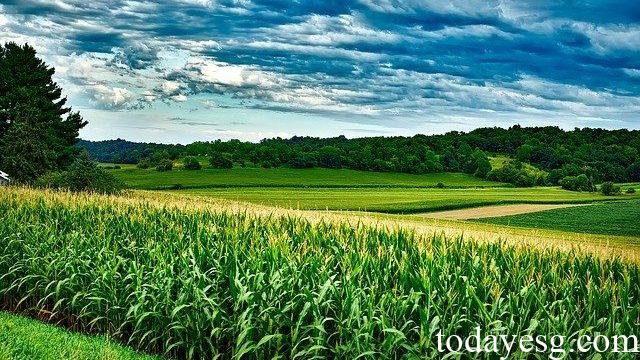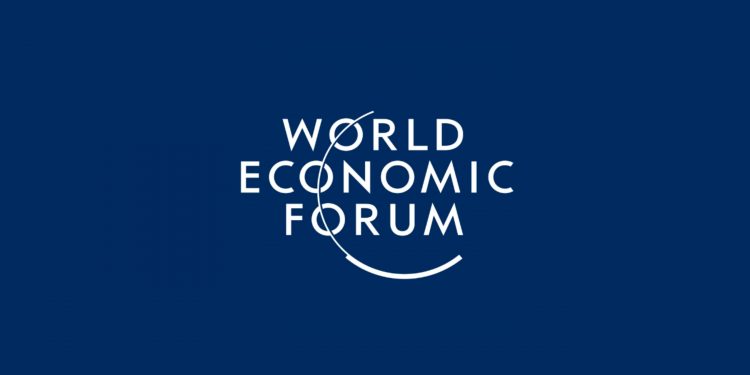Report on Sustainable Food Production
The World Economic Forum (WEF) releases a report on sustainable food production, aiming to propose new models of financing and cooperation in the agricultural field and support the global transition to sustainable food production.
WEF believes that to achieve global climate goals and natural resource goals in the future, food production needs to perform changes to make the food system more sustainable and help the world design sustainable food production routes.
Related Post: World Economic Forum Releases Biodiversity Credits Report
Status of Food Production and Sustainable Development
Global food production accounts for 30% of all greenhouse gas emissions, nearly half of which comes from crop and livestock farming. At the same time, food production accounts for 70% of the world’s freshwater demand, which has a great impact on rivers and groundwater reserves. In addition, 80% of global deforestation and biodiversity loss is caused by agricultural production. If farmed sustainably, food production can sequester 9% to 23% of global greenhouse gases.
Achieving sustainable food production requires investment, but currently only 4% of climate finance is invested in land sectors such as agriculture and forestry. To achieve the 2030 climate goal, the global food system needs to invest US$350 billion per year, which is 15 times of the current annual investment (US$20 billion). Although sustainable food production is constantly developing, the proportion of regenerative agriculture in the most developed regions of the world is still less than 10%, which is still below the market potential.
For agricultural producers, developing sustainable food production faces many challenges. In terms of economics, farmers need to increase their inputs initially, and the benefits of these inputs will not be realized until the future. On the technical side, farmers may not have access to sustainability-related training, equipment, and infrastructure, and lack effective tools on how to measure and track sustainable production. Socially, there may be a lack of trust among agricultural communities in making major changes to operations, and some property rights issues (landowners and tenant operators) may prevent these changes from being accepted by all stakeholders.

Financing and Business Models for Sustainable Food Production
WEF believes that sustainable food production requires innovation in financing and business models to attract capital investment in this field and mobilize farmers’ enthusiasm for participating in sustainable transformation. Specific innovations include:
- Provide additional technical assistance: Provide services in the areas of technical assistance, sustainability measurement and reporting to help farmers choose the most suitable financial and non-financial solutions.
- Provide preferential loans and agricultural insurance: Provide farmers with lower interest rates or longer-term loans and insurance to reduce the costs borne by farmers during the sustainable transition process.
- Provide advance payment or guarantee services: Provide advance payment or guarantee for farmers’ income in the first year of sustainable transition to reduce the economic risks faced by farmers and reduce uncertainty.
- Implement ecosystem monetization: quantify and monetize all ecological services provided by sustainable food production, and this monetization will serve as funding for sustainable transitions.
- Provide additional financing assistance: Provide additional public or private capital to reduce the costs of sustainable transition.
- Establish coordination mechanisms: Market participants need to collaborate to establish the value of ecosystem monetization and provide appropriate returns to farmers.
- Promote system-wide participation: Financial institutions, technical institutions, and policymakers all need to participate together to ensure the smooth realization of sustainable food production and establish trustworthy cooperative relationships with farmers.
- Strengthen financial capabilities: Improve financial capabilities in terms of financing, monetization, etc. to accurately calculate the cost of advances and guarantees and manage financial risks.
Roadmap for sustainable food production
WEF has developed a roadmap for sustainable food production, consisting of five steps:
- Establish and expand innovative financing and cooperation models.
- Facilitate the participation of financial practitioners in sustainable transition.
- Strengthen industry cooperation to enhance climate resilience of value chains.
- Implement supportive policies.
- Develop sustainable data sharing mechanisms.
Reference:
100 million Farmers: Breakthrough Models for Financing a Sustainability Transition
ESG Advertisements Contact:todayesg@gmail.com








